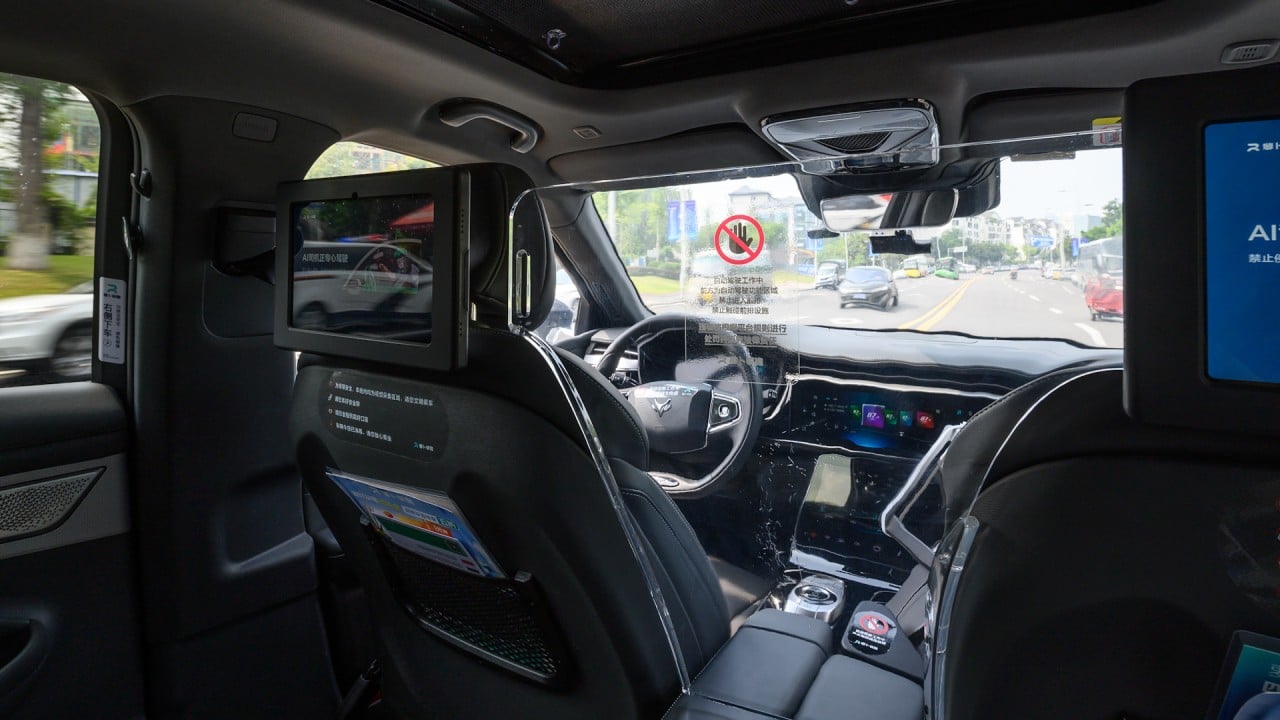America’s plans underline its focus on the need for a skilled workforce to progress in science, the economy and national security.
China has also made remarkable strides in its AI research, surpassing the US in several key areas. According to Georgetown University’s Center for Security and Emerging Technology, China leads globally in the volume of AI research papers, with the Chinese Academy of Sciences at the forefront. While the quality of Chinese research supposedly lagged, Chinese institutions now rank highest in highly cited research.
The intensifying AI competition between the US and China will shape global technology standards, economic policies and security frameworks, making continued investment in AI research crucial for both nations.
The role of AI in healthcare is growing in the US. With company healthcare plans expected to cost 9 per cent more next year, partly due to inflation, the industry is turning to AI to constrain expenses. Accenture estimates that 40 per cent of the working hours spent by healthcare providers can be supported or augmented by AI, improving efficiency. To date, the US Food and Drug Administration has approved at least 950 AI-enabled medical devices.
Advances continue, such as Google’s medical large language model, called Med-PaLM 2, which boasts an accuracy rate of 85 per cent when answering medical questions.

As far as intelligence, surveillance and reconnaissance is concerned, AI-driven systems remain in the spotlight on both sides.
The US and China are invested in geospatial analysis, with contracts awarded to AI-enabled platforms that can process satellite data in real time, instrumental in improving situational awareness. Both countries are also improving the sensing capabilities of unmanned systems. As the US works on outfitting drones like the MQ-9 Reaper with advanced sensors, China is working on the same for its UAVs.
That both the US and China are focused on integrating AI within their military functions – in autonomous systems, intelligence capabilities and predictive logistics – highlights the transformative potential of AI in warfare. This US-China military AI race is likely to shape military strategy and global power dynamics.
But the AI race is not just about technology. It is also about ethics and the tussle could have far-reaching consequences.
The US, for instance, has taken a central role in the research and development of ethical AI at the Organisation for Economic Cooperation and Development’s AI Policy Observatory. Meanwhile, China, in rapidly advancing its AI capabilities, has often prioritised efficiency and scale, raising questions over privacy, surveillance and potential AI misuse. China’s approach to AI ethics is more state-directed, with a greater focus on societal and national objectives.
Neal Hejib, a summer analyst at CJPA Global Advisors LLC, is a rising sophomore at University of Wisconsin-Madison pursuing a double major in data science and economics
Earl Carr is founder and chief executive officer at CJPA Global Advisors LLC


